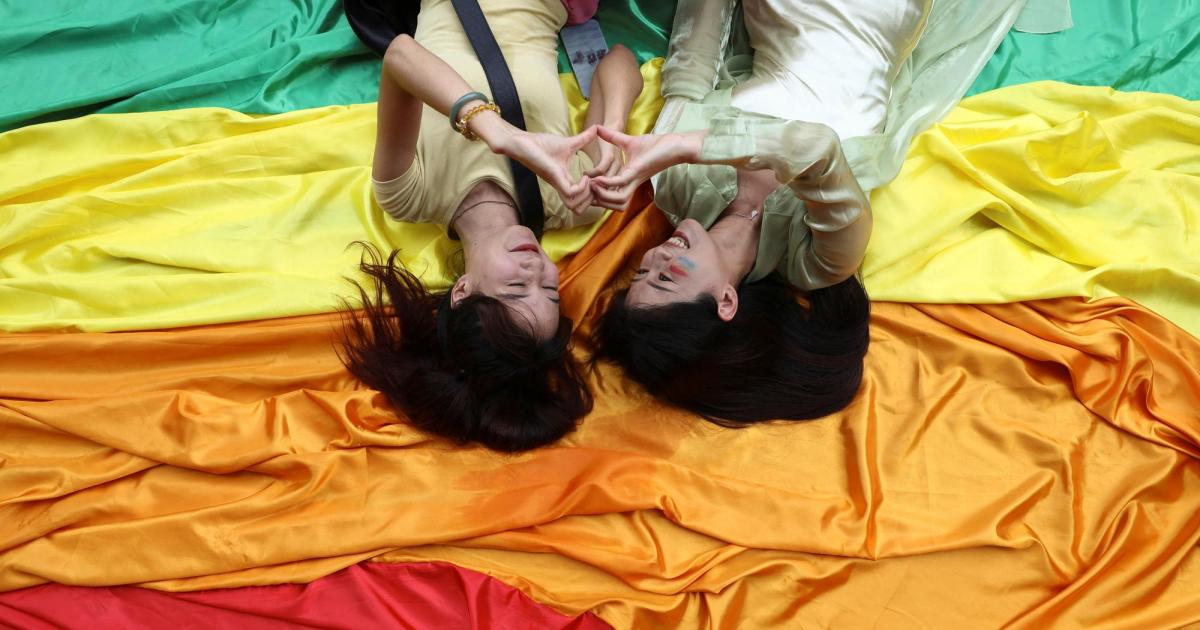After the Moscow-based law against foreign influence, the Georgian leadership, following in Russia’s footsteps, seeks to restrict the rights of queer people. The ruling Georgian Dream party introduced a package of laws titled “Family Values and the Protection of Minors” in parliament. Parliament Speaker Shalva Papuashvili announced this in Tbilisi on Tuesday. Among other things, the laws impact civil rights, employment, and education in the South Caucasus country. Media reports indicate that the constitution permits marriage only between a man and a woman, excluding same-sex marriages by law. Non-heterosexual individuals are not permitted to adopt children, and only biological sex, either male or female, should be recorded on identity documents. Doctors are also prohibited from performing gender reassignment surgery on transgender individuals.
Similar to Russia, the legislation in Georgia prohibits “LGBT-Propaganda” and restricts demonstrations that focus on homosexual relationships or transgender issues, according to Papuashvili. Such content will be banned in schools, as well as in the media and advertising. Georgia, with its long Christian Orthodox tradition, maintains a rather conservative society. Despite queer events like Christopher Street Day (CSD) in Tbilisi, they are often met with significant counter-demonstrations, sometimes leading to violence.
In Russia, the government under Kremlin chief Vladimir Putin promotes traditional values such as Orthodoxy, family, and patriotism to mobilize political support for its authoritarian rule. The repressive laws against the LGBTQI+ community have intensified, particularly since the conflict in Ukraine began. Georgian opponents of the government fear that the Georgian Dream party will follow a similar path, potentially jeopardizing the country’s chances for EU and NATO accession. The upcoming parliamentary elections in Georgia are set for October, following two months of mass protests against a law aimed at limiting foreign influence on civil society organizations, which was ultimately passed.
The English abbreviation LGBTQI+ encompasses lesbians, gays, bisexuals, trans individuals, queer and intersex people, as well as other non-heterosexual or gender non-conforming identities. The term “queer” is increasingly used to describe individuals who do not identify as heterosexual or who do not conform to the gender assigned to them at birth.
